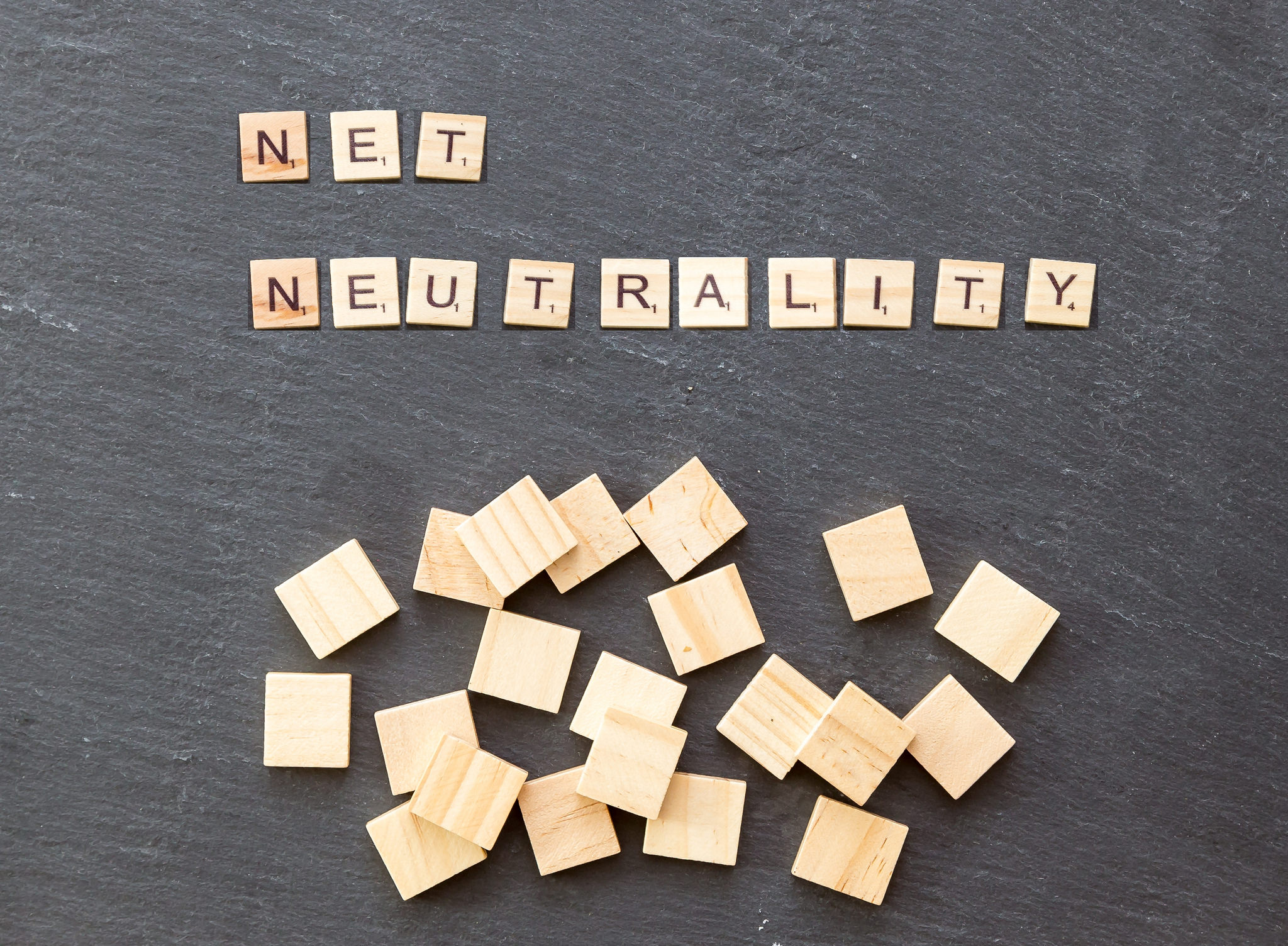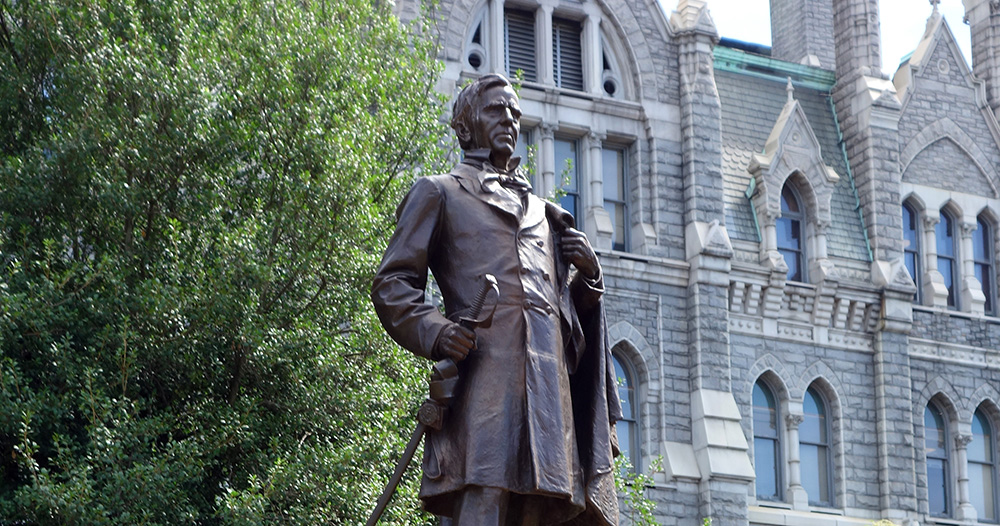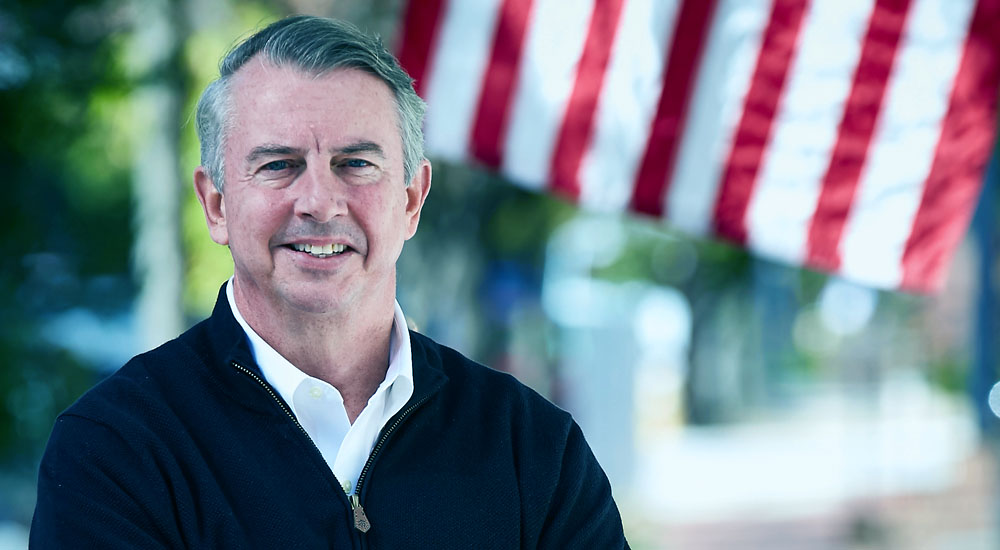Three members of the Virginia House of Delegates introduced a bill late Monday that will implement net neutrality rules throughout the commonwealth. This comes just weeks after a 3-2 ruling from the Federal Communications Commission (FCC), chaired by Ajit Pai, voted down strict rules the commission put in place two years ago during the Obama Adminstration. The former FCC rules prevented internet providers like Verizon, Comcast, and others from blocking and throttling traffic and offering paid fast lanes for service. Moreover, the ruling classified internet providers as “Title II” common carriers in order to give the measure strong legal backing.
The bill, H.B. 705, was introduced by Delegate Lee Carter (D-50) and co-sponsored by Democrats Sam Rasoul (D-10) and Marcus Simon (D-53). The Manassas lawmaker’s push would restrict internet service providers from throttling or prioritizing specific content.
According to a report from WHSV, political science professor David McQuilkin of Blue Ridge Community College explained, “particularly [in] more populous sections of Virginia — you’re really going to have, I think, a really significant support for it. People are going to say internet is a utility. It’s like your telephone, your electric, because of the way it functions.”
In a report by The Hill, a poll administered by the University of Maryland before the original FCC ruling revealed that 83 percent of American opposed the commission omitting the regulations. The poll also showed 75 percent of Republicans oppose the new measure.
Virginia is just the next state to have a bill in the legislature forwarded regarding net neutrality laws. As of last week, according to The Hill, California, Washington, New York, Rhode Island, Nebraska and Massachusetts have all introduced net neutrality bills in their state legislatures. North Carolina and Illinois are now considering similar legislation. Lawmakers in these states claim the bills have been inspired by the public outcry against the FCC that many claim has ignored the public, which overwhelmingly supports net neutrality.
Although there is new grassroots support for net neutrality bills within state halls across the country, legislation will still be met with obstacles. The current FCC ruling was made with the language in mind that specifically preempts attempts by state legislatures that could craft their own net neutrality laws. Roslyn Layton, a scholar from the conservative think tank, American Enterprise Institute, explained, “A state can only regulate communication within its state.” Since an internet connection extends beyond the boundaries of an individual state, their governments do not hold the power necessary to regulate it in the way in which Congress can regulate interstate commerce.







